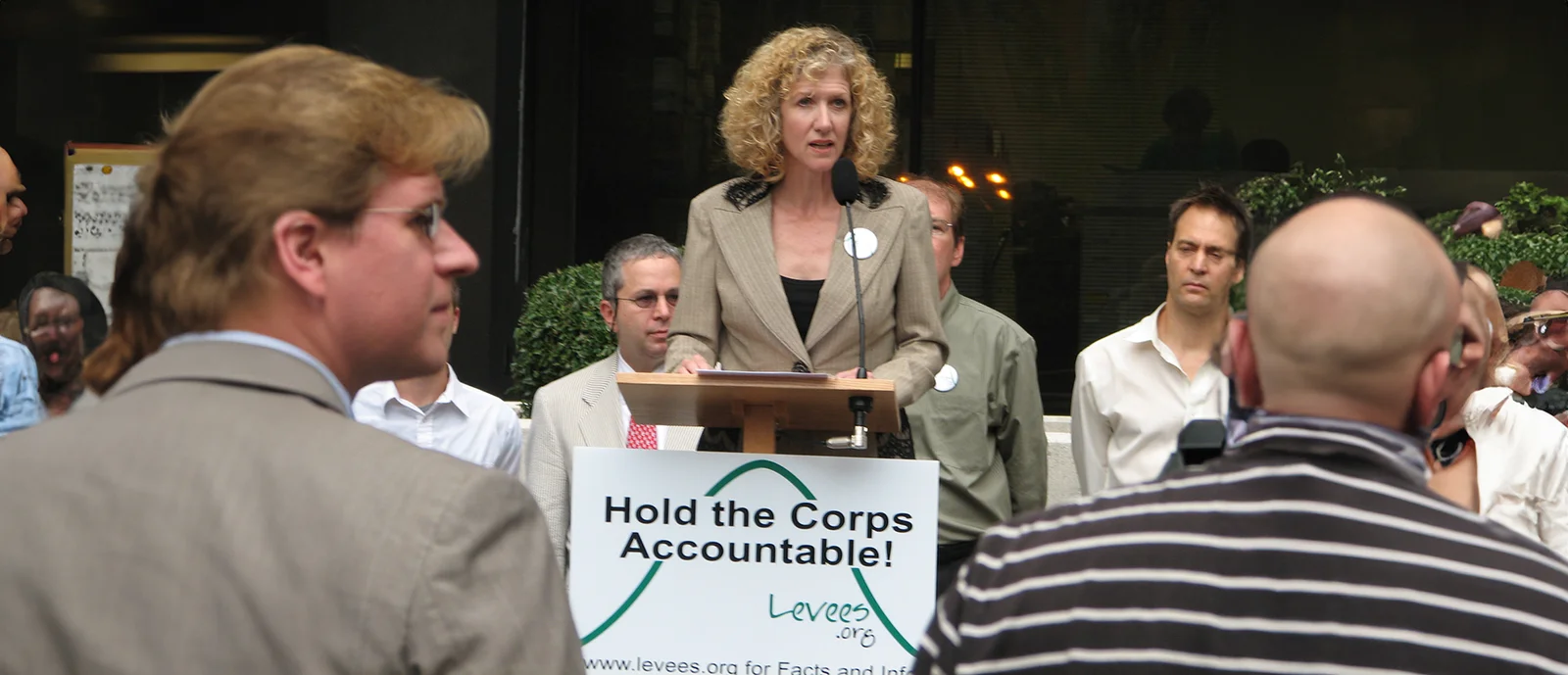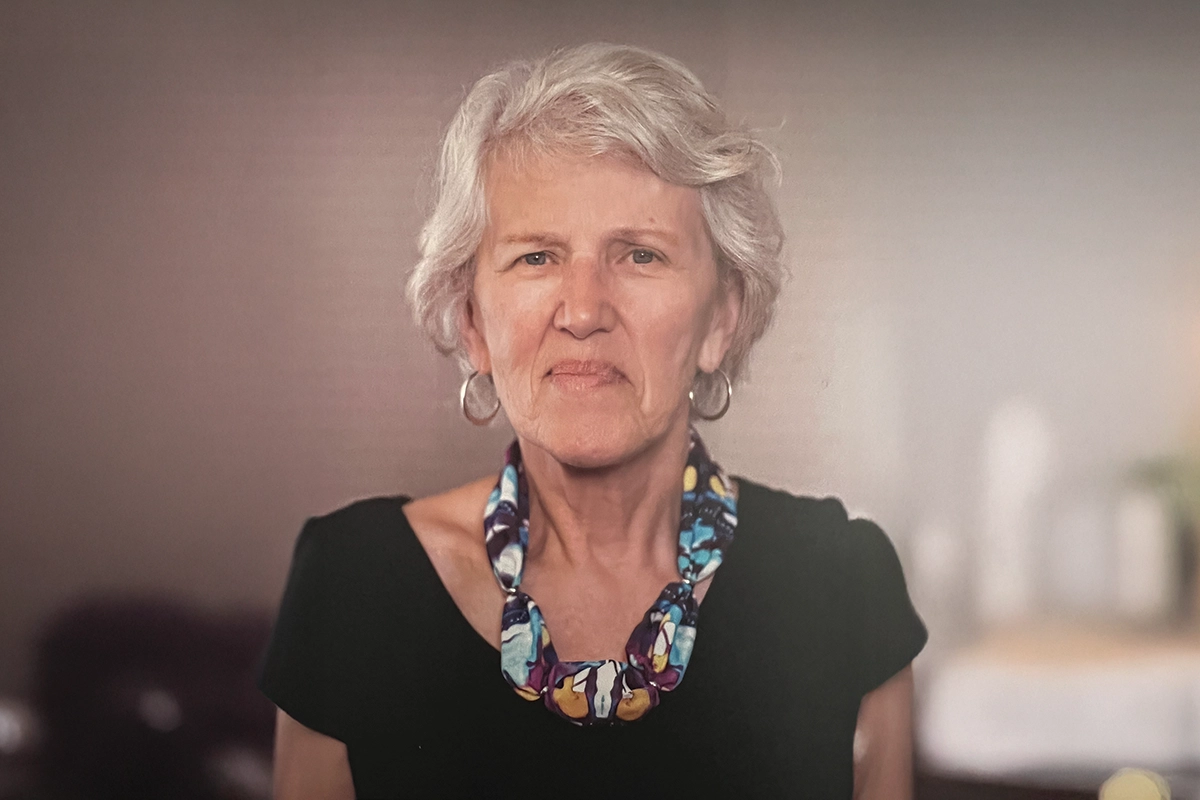Sandy Rosenthal’s Blueprint for Change

How One Woman’s Determination Transformed Tragedy into a Movement for Justice
Sandy Rosenthal’s advocacy, sparked by Hurricane Katrina, exposes infrastructure failures and inspires reform. Her book and organization, Levees.org, drive national conversations on accountability, demonstrating grassroots movements’ power to effect change.
Sandy Rosenthal, a prominent advocate for change and author of the acclaimed book “Words Whispered in Water,” recently shared her insights and experiences in an interview with Reader’s House magazine. Known for her relentless pursuit of truth and justice, Rosenthal has become a beacon of hope and resilience, particularly in the wake of Hurricane Katrina. Her work has not only shed light on the failures of the levee system in New Orleans but has also inspired a broader conversation about accountability and reform.
Rosenthal’s journey began in the aftermath of Hurricane Katrina, a disaster that devastated New Orleans in 2005. As the city struggled to recover, Rosenthal discovered that the catastrophic flooding was not solely due to natural causes but was significantly exacerbated by human error and negligence. This revelation propelled her into action, leading her to establish Levees.org, an organization dedicated to educating the public about the true causes of the disaster and advocating for systemic change.
In her interview, Rosenthal emphasized the importance of persistence and courage in the face of adversity. She recounted the challenges she faced in her quest for truth, including resistance from powerful entities and widespread misinformation. Despite these obstacles, Rosenthal remained undeterred, driven by a deep sense of responsibility to her community and a commitment to justice. Her efforts have not only brought attention to the failures of the levee system but have also sparked a national dialogue about infrastructure and accountability.
Rosenthal’s book, “Words Whispered in Water,” chronicles her journey and the lessons she learned along the way. It serves as both a memoir and a call to action, urging readers to question the status quo and demand transparency from those in power. The book has been praised for its compelling narrative and its ability to inspire change, earning Rosenthal a place among the most influential voices in contemporary advocacy.
Throughout the interview, Rosenthal highlighted the strategies that have been instrumental in her success. She stressed the importance of building a strong support network, both within the community and among like-minded individuals across the country. By fostering connections and sharing information, Rosenthal has been able to amplify her message and effect meaningful change. She also underscored the value of perseverance, noting that significant progress often requires sustained effort and unwavering dedication.
Rosenthal’s work has had a profound impact on New Orleans and beyond. Her advocacy has led to increased awareness of the vulnerabilities in the nation’s infrastructure and has prompted calls for reform at the highest levels of government. Moreover, her story has inspired countless individuals to take action in their own communities, demonstrating the power of grassroots movements to drive change.
As Rosenthal continues her work, she remains focused on the future. She is committed to ensuring that the lessons of Hurricane Katrina are not forgotten and that the mistakes of the past are not repeated. Through her writing, advocacy, and public speaking, Rosenthal is determined to keep the conversation alive and to push for the reforms necessary to protect communities from future disasters.
In an interview with Reader’s House magazine, Sandy Rosenthal’s passion and determination shine through, offering a powerful reminder of the impact one person can have in the fight for justice and accountability. Her story is a testament to the strength of the human spirit and the enduring power of truth.













